▻ Lorenzo Pasquini about Château d’Yquem
Elin McCoy in conversation with Lorenzo Pasquini
Episode Summary:-
Château d’Yquem is regarded as the world’s greatest sweet wine, with a list of legendary admirers throughout history. Elin McCoy talks to Lorenzo Pasquini, its Estate Manager, about running the most prestigious estate in Sauternes. Lorenzo was born in Italy, and was introduced to wine at 11 years old when his father decided to start a vineyard from scratch. He remembers his father jumping for joy when he made his first vintage, and it gave him the introduction to the rural world behind the bottle. Lorenzo’s dream was to be a professional fencer, but he decided to study viticulture and oenology at the University of Pisa; his idol was Denis Dubourdieu, professor of oenology at the University of Bordeaux – he had studied his books and decided he wanted to train under him, so headed to Bordeaux to continue his studies. He tells Elin how he became an intern at Sassicaia, after exhausting them with his applications. Before arriving at Château d’Yquem he worked at Robert Mondavi Winery, Château Palmer, and Cheval des Andes, (where he met Pierre Lurton) and Château Giscours.
Lorenzo was only 26 years old when he was made the winemaker at Cheval Des Andes. “I think Argentina is for every young man, every winemaker, is always a bit of a dream,” he says. He returned from Argentina for personal reasons, but brought back an incredible amount of experience, personal and professional. He worked happily at Château Giscours, but when the opportunity to go to Château d’Yquem was offered, he realized that it was an opportunity you don’t pass up; he arrived in 2020 in the middle of the pandemic. He explains how he became like a sponge, trying to become part of the estate, learning as much as possible from Pierre Lurton. “The pandemic helped us slow down, and took advantage of the pause after the intense period.” What surprised him was the community there: “Yquem wouldn’t be Yquem without the people at Yquem… there is a real sense of family here.” The advice he received from Pierre Lurton was never to compromise on quality.
““Yquem wouldn’t be Yquem without the people at Yquem… there is a real sense of family here.””
The creation of the wine of Château d’Yquem is down to a very specific microclimate, which creates a foggy morning and a wind blowing in the afternoon, the ideal and specific requirements for botrytis cinerea, also known as “noble rot.” The soil is a mixture similar to the Right and Left Bank, a bedrock of limestone covered by clay. Today, Sauternes is going through a difficult period; perhaps one reason is gastronomic – Lorenzo notes that in the 1950s and 1960s, dessert wines were paired with sweet dishes. “The traditional way of pairing Yquem and Sauternes for us is with savoury dishes,” he demurs. He advises pairing a young Yquem with a cheese such as Parmesan or Comte as an aperitif. Older vintages he likes to pair with roast chicken, and the classical pairing of blue cheese such as Roquefort.
He mentions the Lighthouse project, set up three years ago with restaurant owners around the world, to showcase Yquem by the glass with a specific dish. He is keen for people to try it, as “Yquem is a very emotional wine, very complex but very understandable, easy to love.”
Climate change is a challenge, as it is everywhere in the world, and though his neighbours are making more dry wine, he is clear in his mission: “We come here every morning to make the best Yquem possible,” he says. The dry wine at Château d’Yquem is Ygrec. “It’s dry but not completely, a nice encounter between the freshness of a great white wine and the voluptuousness of what reminds us of a Sauternes.” Other than that, “In order to maintain Yquem at its own rank, we have every year to find the 0.1% of improvement which in the end will make the difference.”
One of the changes he has made is lowering the sulphur level, exposing less wine to oxygen and ageing for a shorter period, all to preserve the purity of the wine. His vision for the future of Yquem is to lower as much as possible the impact on the environment, to lower carbon emissions, practice organic viticulture, and research botrytis itself. He loves to travel, and is particularly fond of the U.S., where some of the biggest collectors of Yquem are found. As for the future of wine, he believes quality will not be the only criteria, but social and environmental responsibility will play a factor as well.
Running Order:-
-
0.00 – 24.26
“Yquem would not be Yquem without the people at Yquem.”
– Lorenzo discusses childhood in Italy and his father’s vineyard.
– Studying oenology and Denis Dubourdieu’s influence.
– Becoming the winemaker at Cheval Des Andes at 26 years old.
– Returning to Bordeaux and working at Château Giscours. -
24.27 – 01.01
“In order to maintain Yquem at its own rank we have every year to find the 0.1% of improvement, which in the end, will make the difference.”
– Joining Château d’Yquem and his first impressions.
– Pierre Lurton’s advice.
– The terroir of Château d’Yquem.
– Matching Yquem with food.
– The Lighthouse project.
– The changes made at Yquem.
– Lorenzo’s view of the future of wine.
RELATED POSTS
Keep up with our adventures in wine
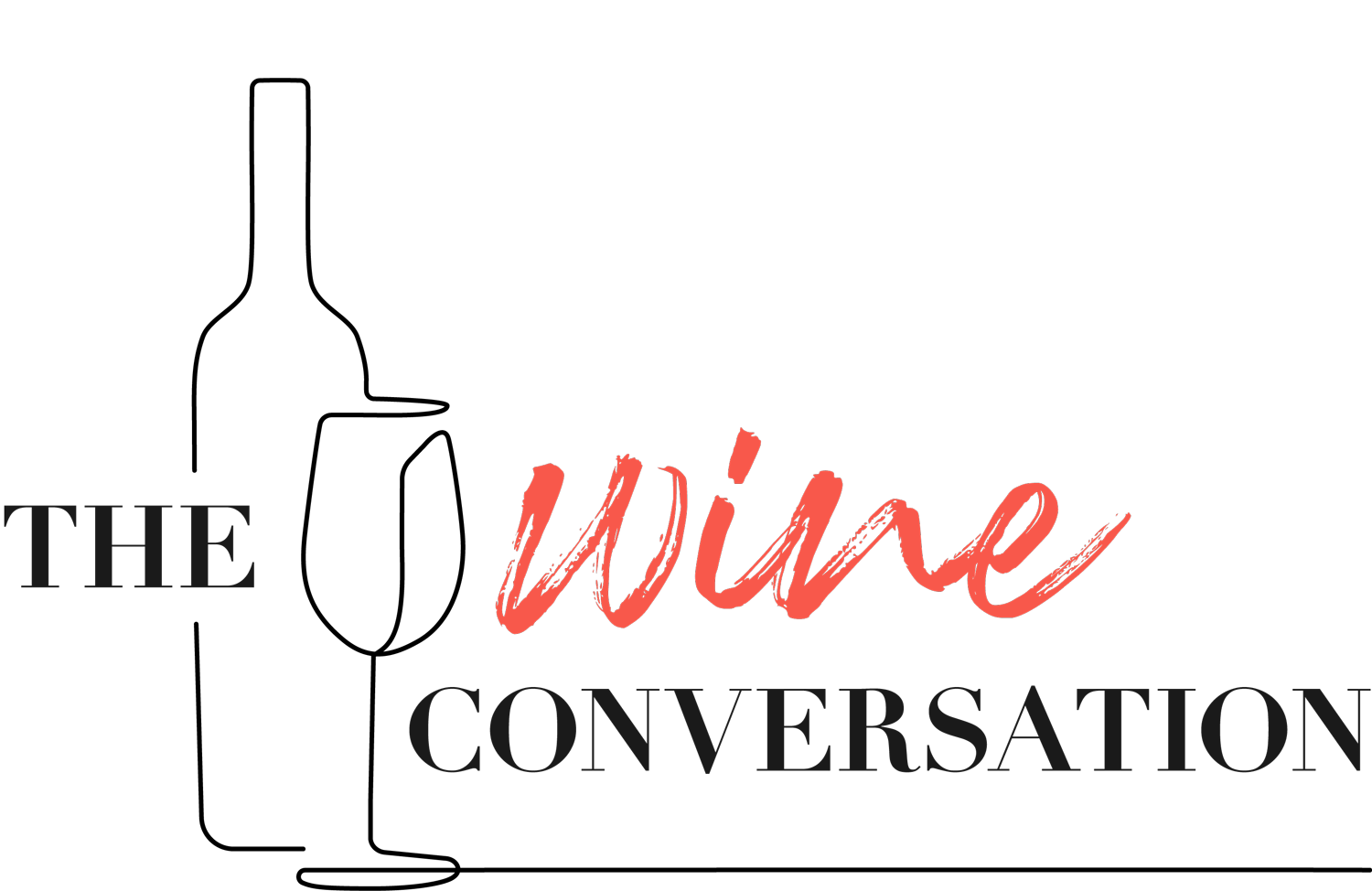
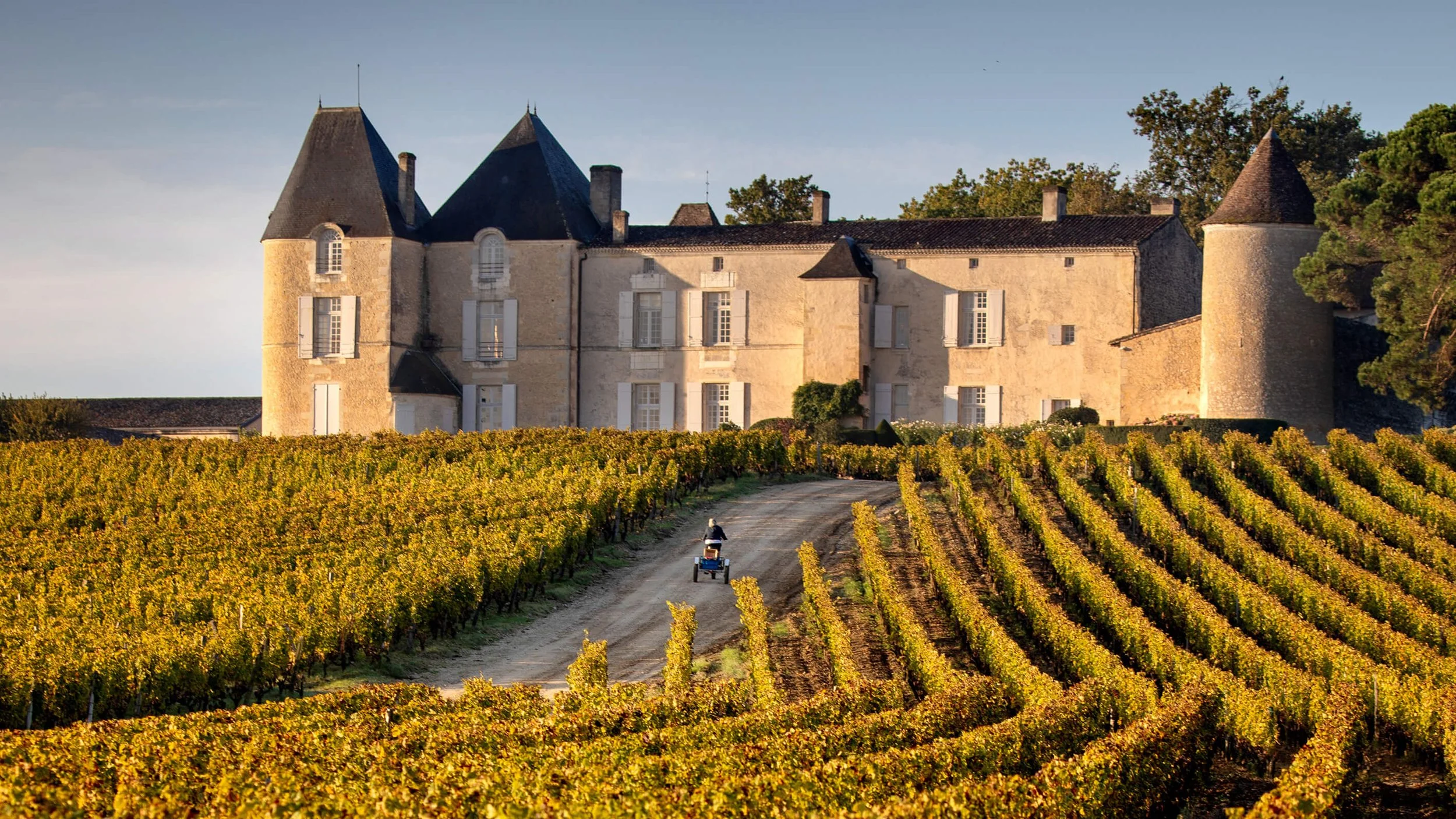




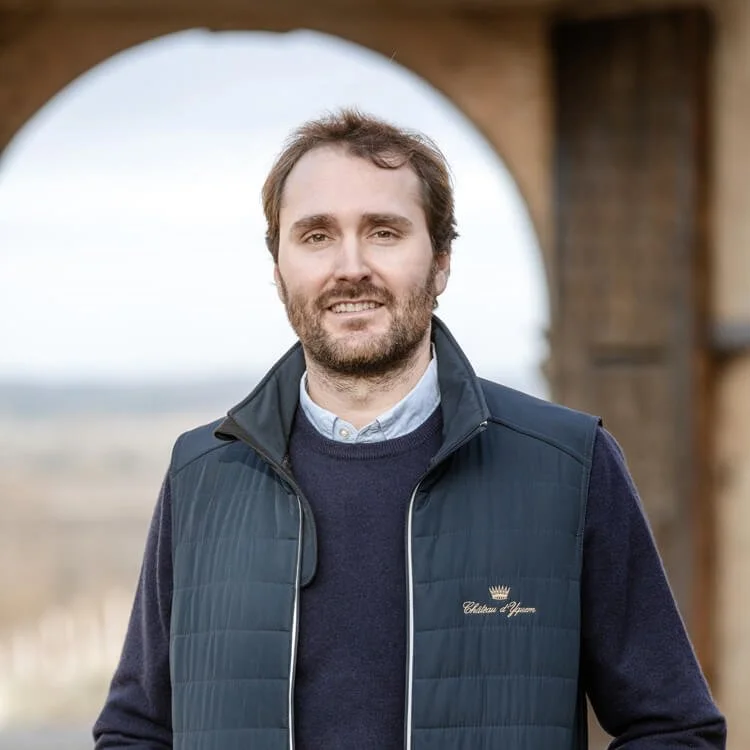

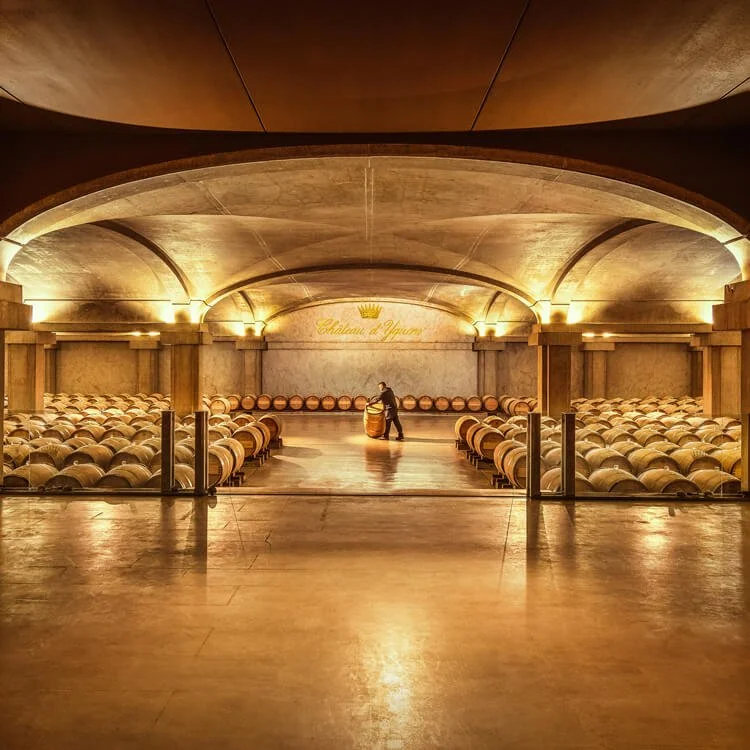
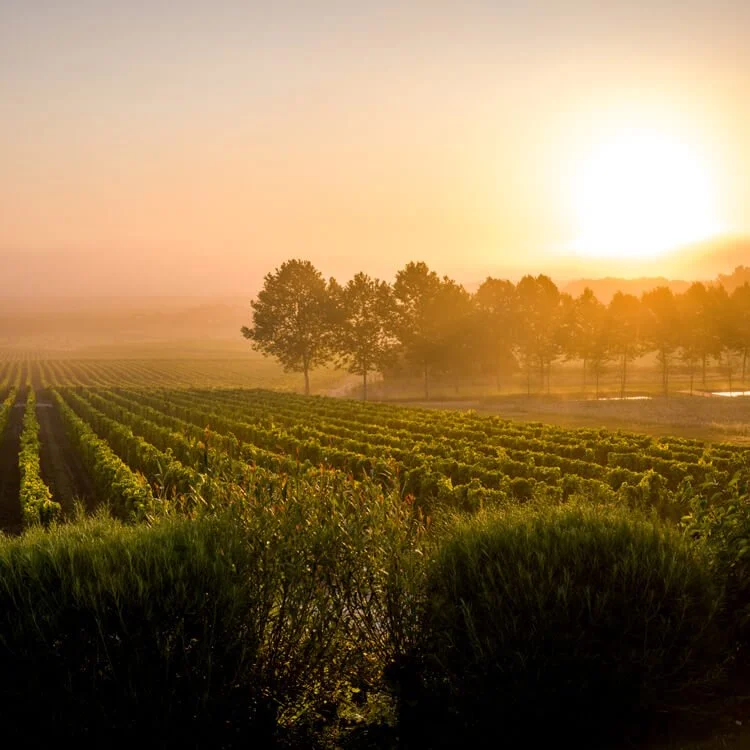
Find out why the Connoisseur Week is Sarah Kemp and Jane Anson’s favourite week of the year.